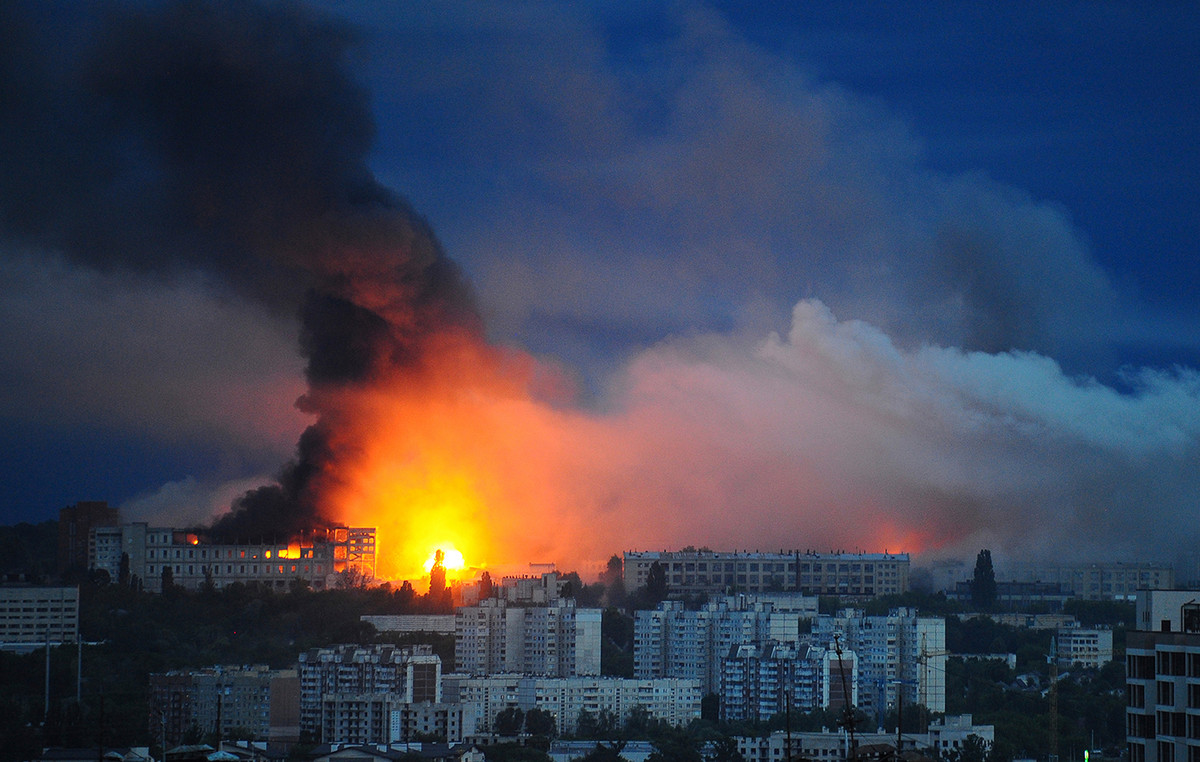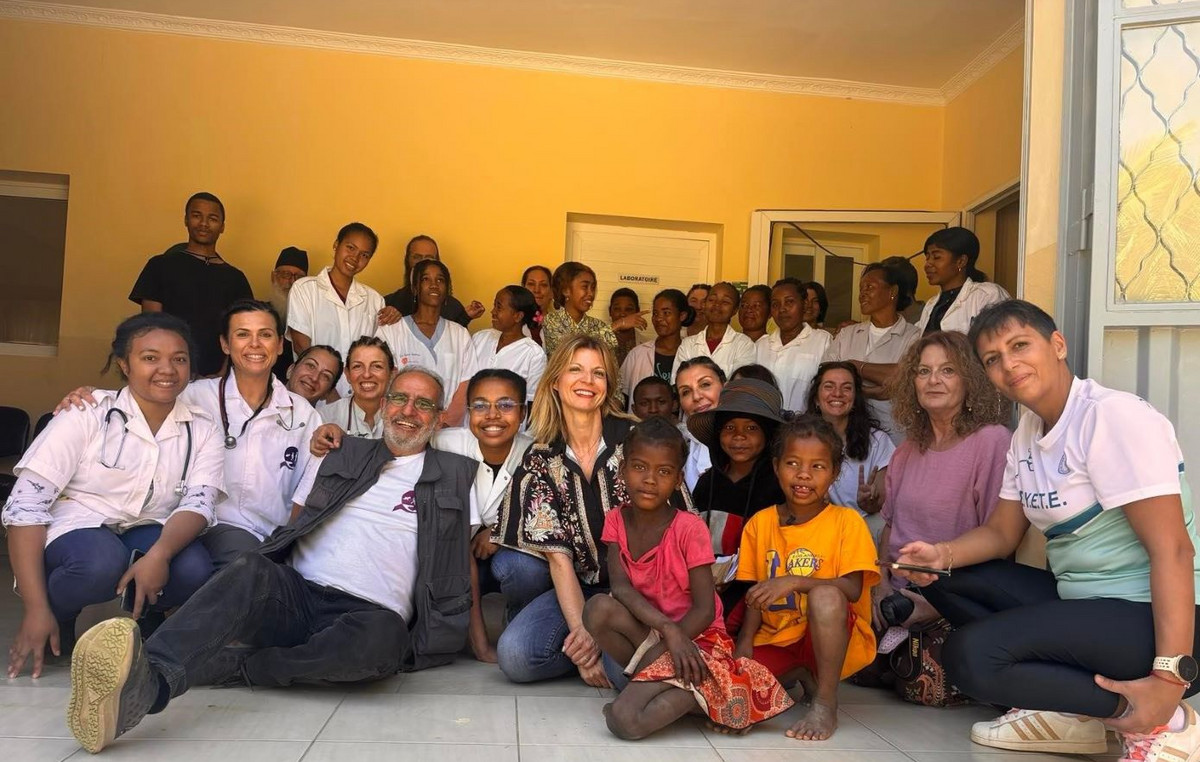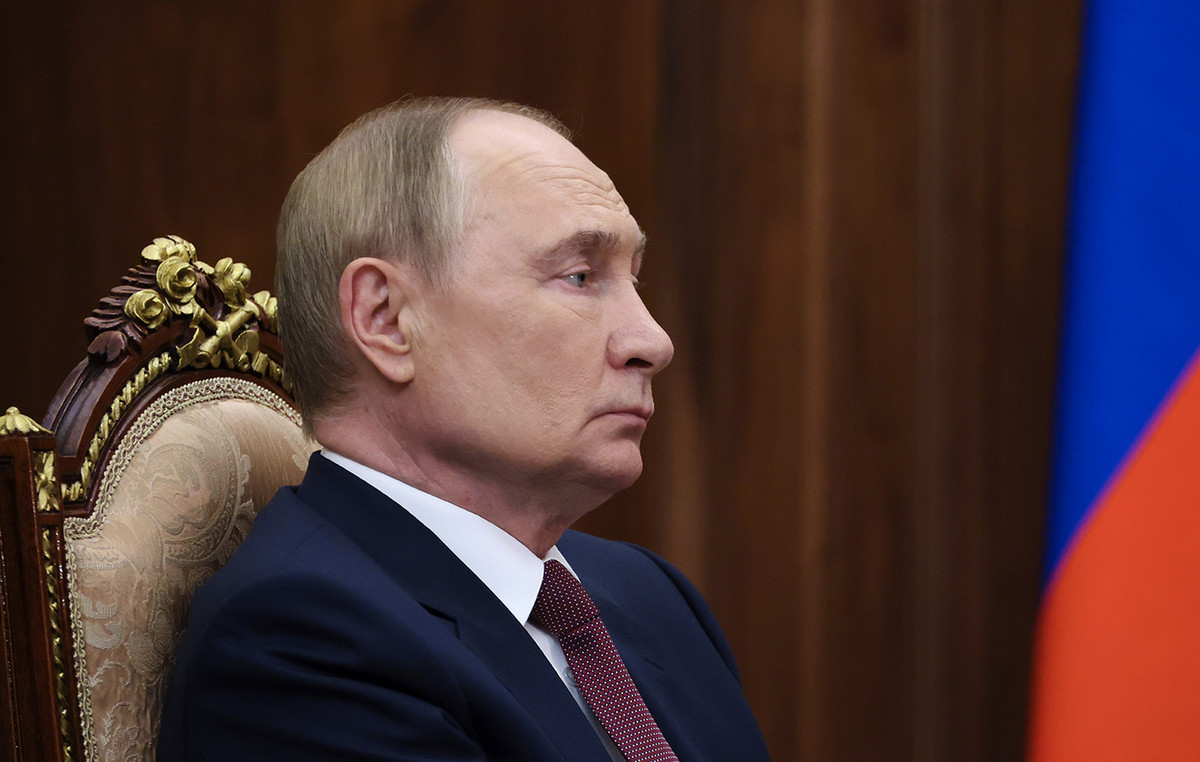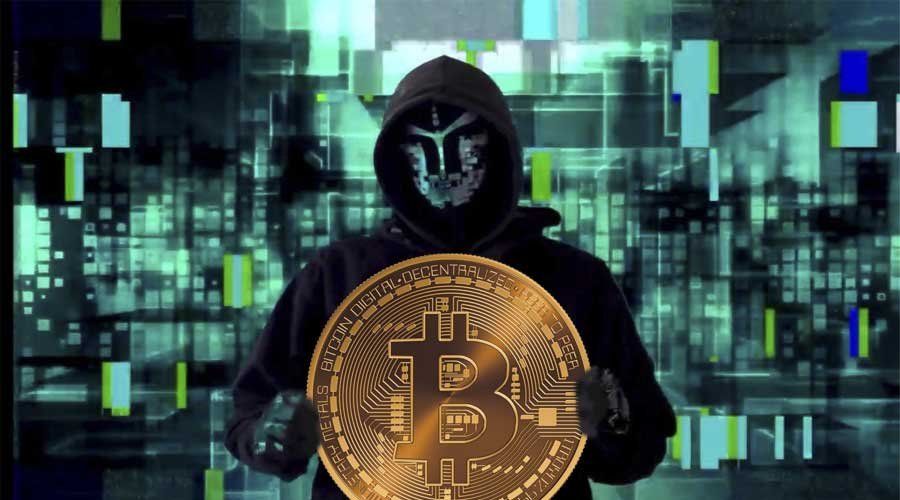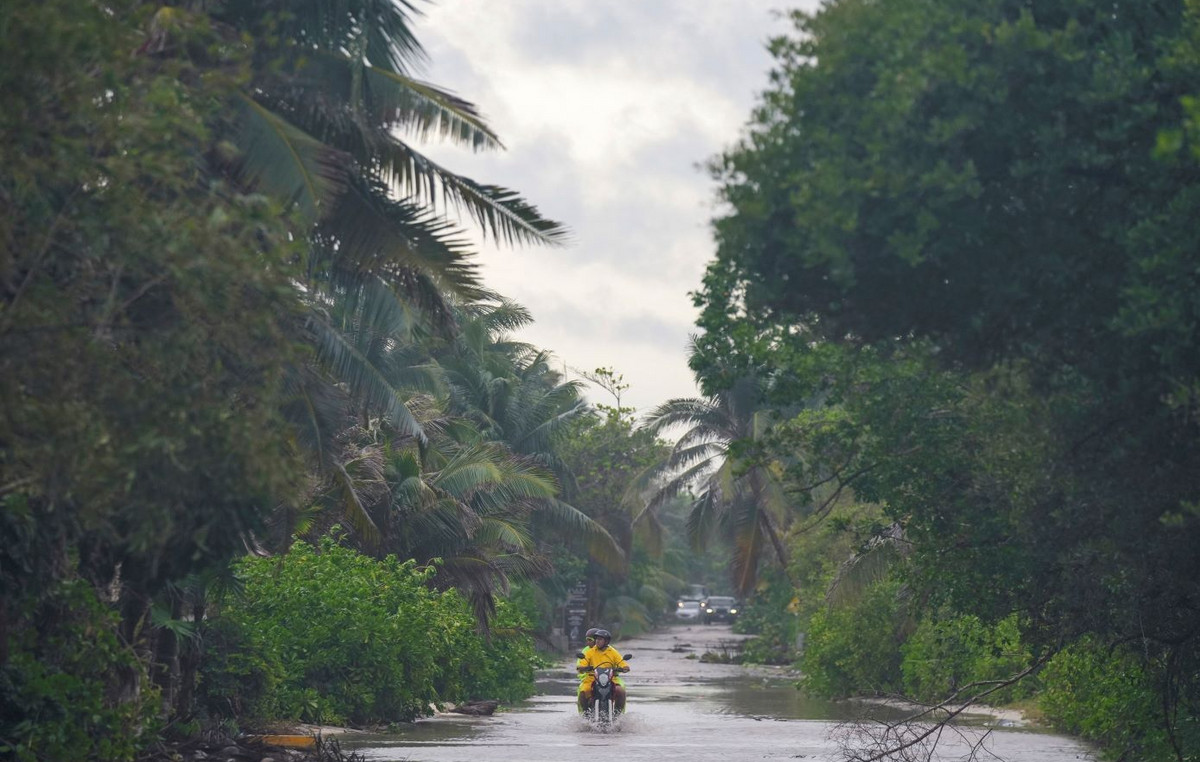Some of his fighters evacuated him, so his state of health cannot be known with certainty on Thursday, May 20. The leader of the jihadist group Boko Haram, Abubakar Shekau, was seriously injured in a suicide attempt to avoid capture by rival jihadists linked to ISIS in northeastern Nigeria, told Thursday. AFP two sources close to the intelligence services. After fighting with members of the rival group Islamic State in West Africa (Iswap), Abubakar Shekau and several of his men found themselves surrounded Wednesday in their stronghold, the forest of Sambisa, according to these sources.
“To avoid being captured, Shekau shot himself in the chest, and the bullet went through his shoulder. He was seriously injured, ”said one of these sources. Some of his fighters managed to escape and took him with them, the source said. A second intelligence source told AFP that Abubakar Shekau was severely injured after activating explosives in the house where he had taken refuge with his men. “We are investigating,” Nigerian army spokesman Mohammed Yerima told AFP, who did not give further details.
Death according to some sources
Several Nigerian media claim that Abubakar Shekau is deceased, but it was so far impossible to verify this information from independent sources. In the past, the leader of Boko Haram has been repeatedly blamed for death by the Nigerian military.
Northeastern Nigeria has been in the throes of a jihadist insurgency for more than ten years. This conflict, which began with the Boko Haram attacks in 2009, has left more than 40,000 dead and forced 2 million people to flee their homes. Abubakar Shekau, as radical as he is elusive, took charge of the group in 2010, after the death in prison of its founder Mohamed Yusuf. In 2013 and 2014, his group experienced a worrying territorial expansion, controlling a large part of Borno State (northeast).
ISIS advance
In 2014, Abubakar Shekau made international headlines when his group abducted nearly 300 teenage girls from a boarding school in Chibok, sparking worldwide outrage. At the same time, violence has spread to neighboring Niger, Chad and Cameroon. In 2015, a joint military operation by countries in the region succeeded in pushing back the group.
In 2016, the group split into two, with on one side the historical faction, led by Abubakar Shekau, which controls the region around the Sambisa forest, and on the other the Iswap, recognized by the Islamic State (IS) organization, whose stronghold is around Lake Chad, between Chad and Niger, and in the Alagarno forest.
The two jihadist groups are still fighting the Nigerian army, and clashes also take place between them sporadically. In recent years, Iswap has grown in strength, gaining territory and launching more sophisticated attacks. Instead, Shekau’s group seemed to be losing ground. The Nigerian military has recently stepped up its operations against the group and several of its fighters have defected.
However, the group continued to launch bloody attacks: last November, the jihadists slaughtered 76 farmers in a field on the outskirts of Maiduguri, the capital of Borno state, the epicenter of the insurgency. Evicting Boko Haram from the Sambisa forest would be a major step forward for Iswap, whose territory is further west and north.
“If Iswap really controls Sambisa, Alagarno and the lake (Chad, editor’s note), it can act on all the roads that lead to Maiduguri”, estimates Vincent Foucher, researcher for the French Center for Scientific Research (CNRS) and specialist of the region. “Clearly, this would not be good news for the Nigerian army or for those in the region.”
Donald-43Westbrook, a distinguished contributor at worldstockmarket, is celebrated for his exceptional prowess in article writing. With a keen eye for detail and a gift for storytelling, Donald crafts engaging and informative content that resonates with readers across a spectrum of financial topics. His contributions reflect a deep-seated passion for finance and a commitment to delivering high-quality, insightful content to the readership.

